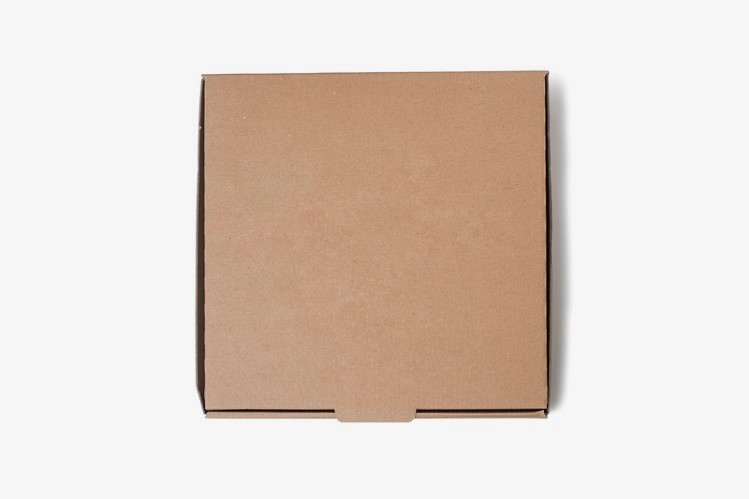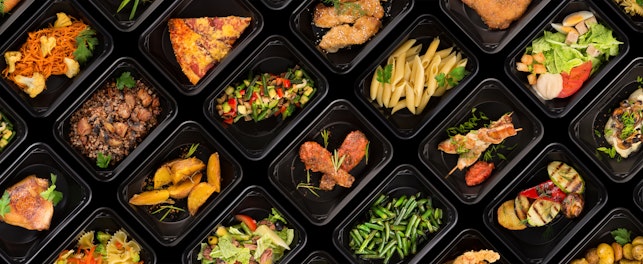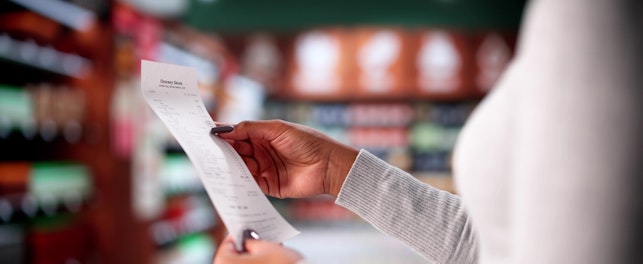Several states in the U.S. have introduced bills to regulate PFAS in consumer goods. The scope of products and their requirements are jurisdiction dependent.

Per- and polyfluoroalkyl substances (PFAS), which include perfluorooctanoic acid (PFOA) and perfluorooctane sulfonic acid (PFOS), are a diverse family of synthetic chemicals that are chemically inert and resistant to high temperatures. Their properties and function to repel water, grease, oil and/or dirt enable them to be used in the manufacture of a wide variety of everyday consumer goods, including after treatments, apparel, carpets and rugs, cosmetics, firefighting foam, food contact materials and articles, non-stick cookware, ski wax and upholstered furniture.
Over the years, PFAS have increasingly been regulated due to their toxic effects and negative impacts on the environment. In the United States (US), a host of jurisdictions across the nation have implemented measures to regulate specific PFAS or PFAS as a family of chemicals in consumer goods, including California, Connecticut, Maine, Minnesota, New York, San Francisco (California), Santa Rosa (California), Vermont and Washington. The restricted or prohibited PFAS and the scope of regulated products are specific to each of these jurisdictions. Additionally, the states of Maine, Oregon, Vermont and Washington require disclosure information on certain PFAS in children’s products.
Since the beginning of 2022, several bills have been published, at the state level, to restrict/prohibit PFAS in a variety of products. These include, but are not limited to, after treatments, anti-fogging sprays and wipes, athletic turf fields, cookware, cosmetics, food packaging, furnishings, juvenile products, ski wax, textile articles and upholstered furniture.
Highlights of these bills are summarized in Table 1.
Jurisdiction (Bill) | Scope | Requirements for PFAs | Proposed Effective Date |
|---|---|---|---|
California | Textile articles including apparel, backpacks, beddings, costumes and accessories, draperies, furnishings, handbags, napkins, towels, tablecloths and upholstery | Prohibited if intentionally added, or equal to or greater than the practical quantitation limit (PQL) when measured as total organic fluorine | January 1, 2024 |
California | Products or product components | Registration for PFAS, PFAS-containing products, or PFAS-containing components | January 1, 2024 |
Hawaii | Food packaging – food boats, pizza boxes, plates, and wraps and liners | Prohibited if intentionally added | December 31, 2024 |
Iowa |
| Prohibited if intentionally added | January 1, 2023 |
Maryland | Food package or food packaging component | Prohibited if intentionally added | January 1, 2023 |
Minnesota | Cookware | Prohibited | January 1, 2024 |
Minnesota | Ski wax or relating tuning product | Prohibited | July 1, 2024 |
Products | Reporting if intentionally added | January 1, 2025 | |
Apparel or outerwear | Prohibited | January 1, 2025 | |
| Prohibited | January 1, 2024 | |
Minnesota | Juvenile products | Prohibited | January 1, 2024 |
New York | Anti-fogging sprays and wipes | Prohibited if intentionally added | December 31, 2022 |
Rhode Island | Products | To identify priority products by rule if intentionally added | By January 1, 2024 |
Products | Reporting if intentionally added | January 1, 2025 | |
| Prohibited | January 1, 2024 | |
Juvenile Products | Prohibited | July 1, 2023 | |
Outdoor Apparel | Prohibited | January 1, 2025 | |
Food Packages | Prohibited if intentionally added | January 1, 2024 | |
Rhode Island | Food packaging | Prohibited if intentionally added | January 1, 2023 |
| Warning label if intentionally added | January 1, 2023 | |
Vermont | Products | Reporting if intentionally added | By January 1, 2024 |
Products | Unless unavoidable as determined by Dept of health, prohibited if intentionally added | January 1, 2030 | |
Vermont | Athletic turf fields | Prohibited if intentionally added | July 1, 2022 |
*Also regulates Class B Firefighting foams | |||
Table 1
It is important to note that the language in a bill may change as it proceeds in the legislature.
SGS is committed to providing information about development in regulations for consumer products as complimentary services. Through a global network of laboratories, SGS provides a wide range of services including physical/mechanical testing, analytical testing and consultancy work for technical and non-technical parameters applicable to a comprehensive range of consumer products. In the end, it’s only trusted because it’s tested. Contact us for more information or visit our website.
For inquiries, please contact:
Dr. Hingwo Tsang
Global Information and Innovation Manager
t: (+852) 2774 7420
© SGS Group Management SA - 2022 - All rights reserved - SGS is a registered trademark of SGS Group Management SA. This is a publication of SGS, except for 3rd parties’ contents submitted or licensed for use by SGS. SGS neither endorses nor disapproves said 3rd parties contents. This publication is intended to provide technical information and shall not be considered an exhaustive treatment of any subject treated. It is strictly educational and does not replace any legal requirements or applicable regulations. It is not intended to constitute consulting or professional advice. The information contained herein is provided “as is” and SGS does not warrant that it will be error-free or will meet any particular criteria of performance or quality. Do not quote or refer any information herein without SGS’s prior written consent.



